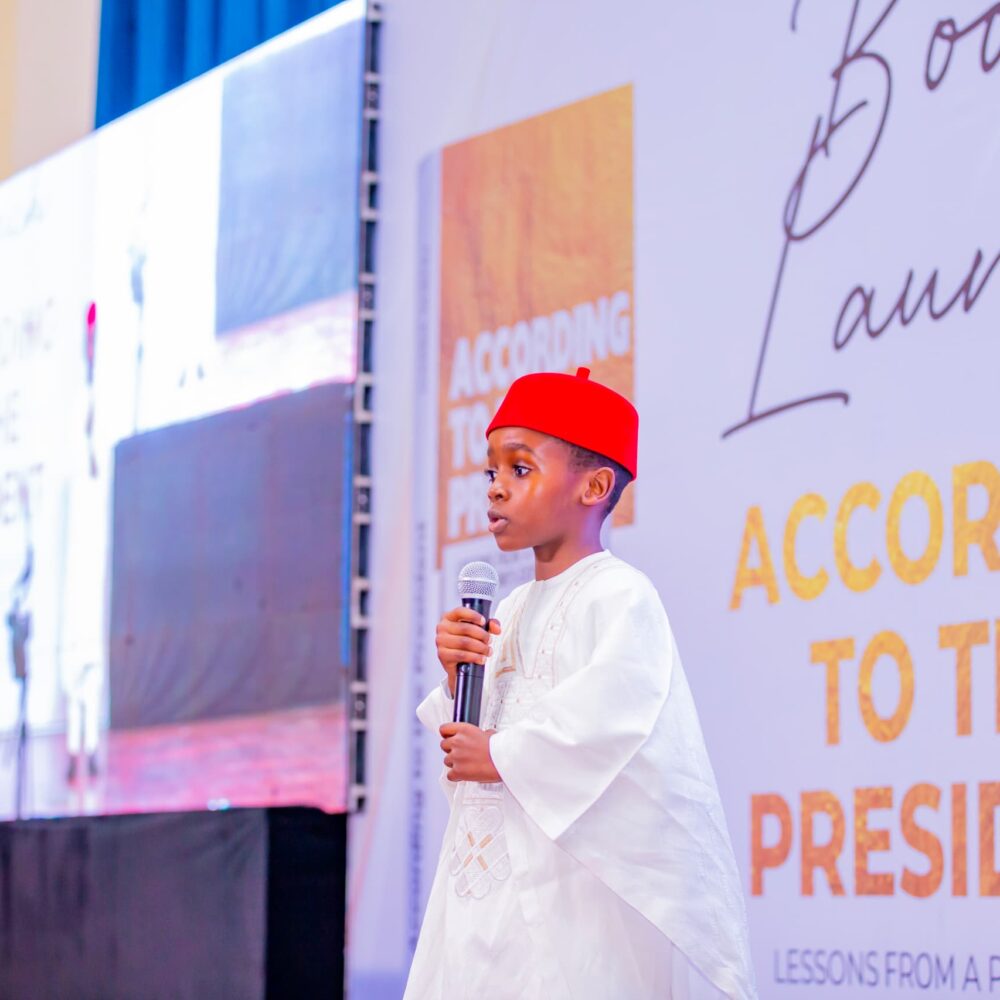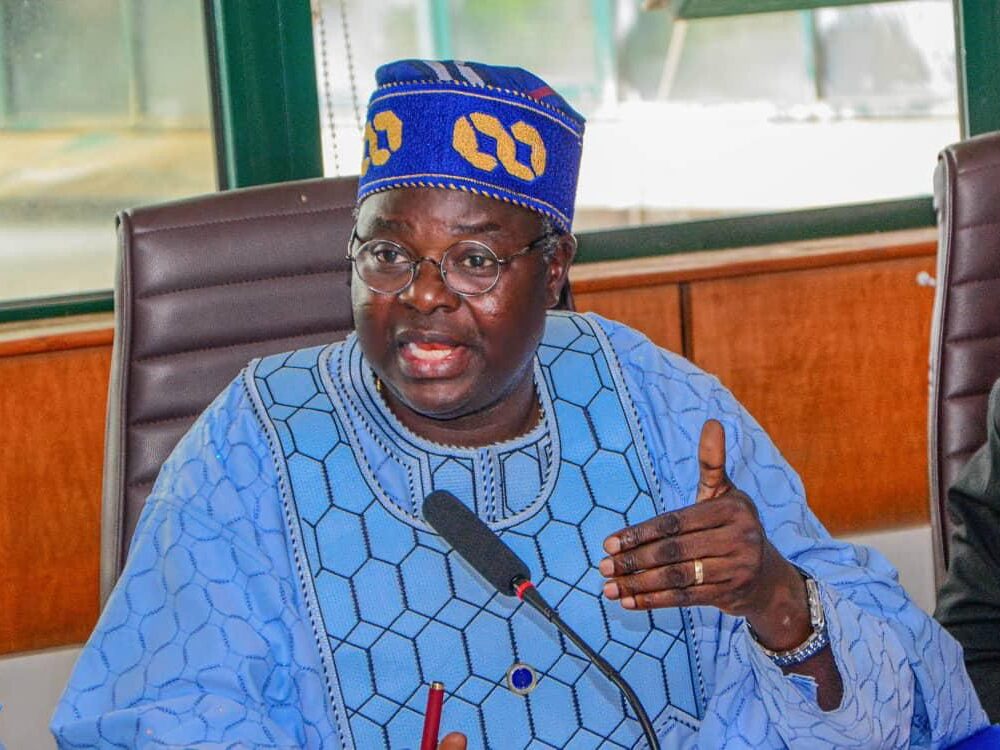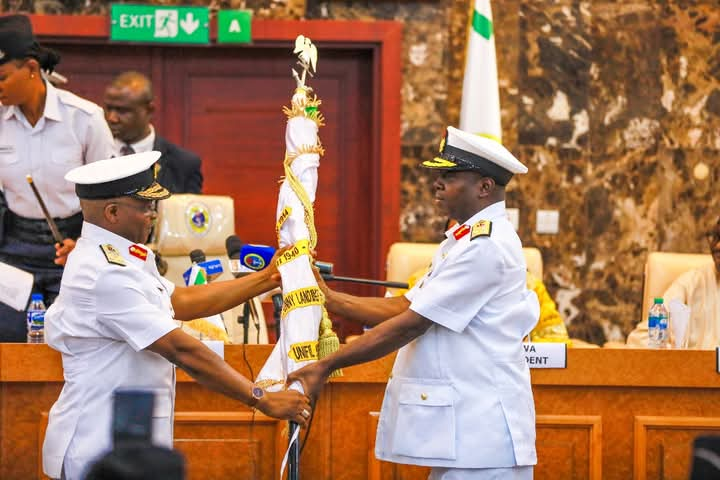In 1622 C.E (1,443 years ago), the historic journey of 200 miles was made with significant landmark which is not only for the Muslim Ummah but for the entire globe. Prophet Muhammad (S.A.W), out of persecution and insecurity, left the well-developed city of Makkah to a small and fragment city of Yathrib (Madinah) with a big mission which had been decreed on the globe. Questions are asked; what does Hijrah of the Prophet Muhammad (S.A.W) justify to the globe? Why did the Prophet (S.A.W) leave his right birth city for another city? What are the components of his emigration mission? This is a lengthy journey era of thoughts to talk about but only some of Hijrah lessons, in respect of world precarious situation, need to be looked into.
Simply, Hijrah is to leave a place for another place for a reason. This means there are many reasons that can promptly make a person leaving a place for another place. For instance, Nigerians are leaving unsaved country or city, out of insurgencies, to a better safe place. Significantly, Allah (S.W) ordained His Prophet, Muhammad Ibn Abdullah (S.A.W) to do so by leaving Makkah for Medinah. This was demanded for not only as a result of persecution inflicted on Muslim Ummah (community) but also to fulfil His divine and landmark message of leniency, tolerance and fulfilment of great mission for His Prophet (S.A.W). if not, no efforts could stop Allah (S.W) to destroy the enemies of His divine message but Allah (S.W) tried to make Muslims to accommodate other fellows despite severe hatred from them.
The Hijrah tried to kindle the light of hope in the hearts of the early Muslims who set a shining example for all Muslims, in every generation, to emulate. Euphorically, Scholars with linguistic premises, widely defined “Hijrah” as a way of moving from unsuitable position to a better safe position or leaving bad style (habit) of life for better way of life. This is purely based on purification of minds in form of goodness to others. This was empirically highlighted in the powerful speech of the Prophet Muhammad (S.A.W) which entails all golden necessities and duties of Muslims towards interpersonal relationship and community development. Derailing from these basic admonitions (powerful messages) can merely result into anarchy, insecurity and lawlessness in the society as we are witnessing today.
It means that the significance of hijrah is not only trying to reshape – socially and politically – the Arab Peninsula alone, but also has its impact on worldwide civilizations. For the Ummah, the migration signifies transition of Muslims as being small fragment of community to the position of a regional power with a strong central leadership; from regionalism to the universal level; from being weak as a result of humiliation, torture, harassment and killings to powerful position in term of economics, politics and security.
Out of the lesson learnt from Hijrah is location of centralism on Ummah convergence. The first mandatory political duty of the Prophet Muhammad (S.A.W) is the establishment of Masjid (Mosque) towards unity among the Muslims. This was realized through collective efforts of Ummah who symbolically built the “Masjid Nabawiyy” for the unity of Ummah. This is purely a message to the contemporary Ummah that our unity and cooperation is the strength in the society. We should make it devoid of envy, suspicion, hatred, disintegration and acrimonious which can allow the enemies to slack our unity of purpose. As they are planning, we should not also fold our arms towards realizing better society that is full of individual empowerment, unity of existence, peace and harmony and eradication of all forms of tribalism, superior supremacy and religious bigotry.
We should know that the building of Masjid Nabawiyy in Medinah then serves as a centre of unity in respective of tribal or colour differences and further fortifies the Ummah to be strong politically, socially and economically. Muslims should learn that all ‘Masaajid’ (Mosques) are symbolic places of Muslim unity in the society and must be judiciously utilized politically, economically and socially. Therefore, any act which can cause division of this unity should be jettisoned. Also, Metaphorically, Muslims should take it as a matter of priority to make mosques as a way of empowerment rather than disintegration through various means of enlightenment on certain contemporary issues, charity, almsgivings etc. The reward is so magnanimous to whoever builds Ummah unity and make it progressive positively debarring of any tribal or political sentiment. Otherwise, whoever causes disintegration of the Ummah for any reason would receive the wrath of Allah.
In line with this, Hijrah emphatically makes the Ummah know the significance of Zakah and poverty eradication from the society. Zakah is compulsory on the rich to the vulnerable Muslims in the society. Our precarious situation in Nigeria as a result of insecurity is majorly attached to the poor administration of Zakah payment and distributions. The rich, monetary or otherwise, fail to give out the means for Zakah while the poor are sometimes insincere in collecting the money meant for Zakah. The trust on Zakah is mainly on the rich to satisfy his creator on his blessed means by removing the mandatory portion (1/40) of his gains yearly. If the rich and political elites in Nigeria consider the welfarism of the masses, the problem of insurgencies, kidnappings and other social vices could have been eradicated or reduced minimally. Our pitiable situation in Nigeria and beyond is daily alarming that society is not safe for the rich and the poor owing to inequality distribution of resources in the society. If this menace needs to be relieved, there is a need to return to the basics as being admonished by the Noble Prophet Muhammad (S.A.W) during his hijrah wellfare sermon. There is a need for paradigm shift from evading Zakah and charity by the rich to the poor and the poor must use the money given judiciously.
Our leaders should diligently also look into the vital duties of leadership in regard of protection of life and properties, creating enabling environment for masses, raising the standard of living in the community, provision of quality and uncompromised education etc. In Islamic jurisprudence, out of fundamental principles of Islam (Maqaaseedul Shari’atul Islam), protection of life and properties is the first set goal of the government on the masses. The Prophet (S.A.W) did not echo this in his Hijrah messages but also demonstrated it during his life style. There was no any battle that the prophet, physically or technically, was left behind. When a panic blast was heard from the nearby dessert in Makkah and the Makkah people were afraid to go there, a courageous person was seen coming from the place towards their direction. No other person was he than Prophet Muhammad (S.A.W). This shows that action is louder than speech and the leader always takes the bull by its horn. Let our leaders promptly respond to masses’ needs before it goes out of hands.
Scenarios in Nigeria show that our multiple injustice to our fundamental duties and dedications has resulted into many crimes that look beyond inextricable. It proves beyond broken windows theory when little and insignificant crimes, that have been piled up, have turned out to be a mole of lawlessness and anarchy in the community. Our high level of corruption, nepotism and jungle justice is as a result of our lack of basic tenets of religion. Individuals do not care when the jurisdictions of the divine being start and end. There is no limit in our atrocities to the divine command. We emphatically believe that arrogation of worldly materials are the means to our end rather piety towards the Divine Being. This was carefully cautioned in the last sermon of the prophet Muhammad (S.A.W) where he emphasized that the properties of other fellows are forbidden for any Muslim let alone of a whole country’s properties. People wrongly possess other people’s and government properties without any iota of conscience.
We are now approaching a new era of Hijrah when we need to rekindle the hope of humanity. Let us reflect on the Hijrah golden messages of the Prophet Muhammad (S.AW) starting from individual reformation, sincere family establishment and societal reformation at large and make sure that our negative conscious and unconscious actions in the year 1443 have been reviewed and adjusted. So, we meet year 1444 in a new slate of perfecting reformation because nobody knows if s/he will still be alive beyond now.
Abduljaleel Badmus
Assistant Secretary,
Abuja Muslim Forum.





